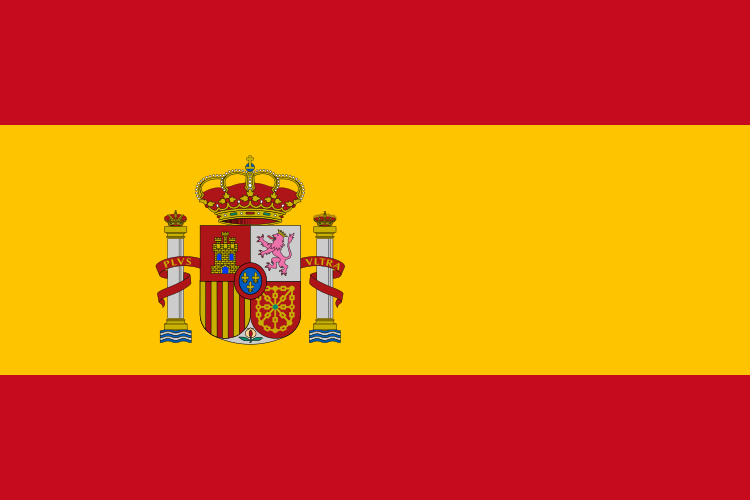

Spain: Andalusia Pushes Solar Water Heating Market
Despite the decline in the Spanish solar thermal market, some regions have recently been recovering and even growing steadily, such as Andalusia. The region offers direct subsidies of up to 40% of the costs for private and commercial investments in solar water heating systems. It expects to keep these subsidies over the next years, but greater efforts are needed to also add new client groups, such as hotels and businesses. The Spanish solar thermal industry association, ASIT, expects Andalusia to finish 2013 with more than 60,000 m² of newly installed collector area, which is 30 % of the Spanish total market volume in a region that is home to merely 17% of the country’s total population.
Since 1995, Andalusia has offered its around 8.5 million inhabitants direct subsidies for solar thermal through the Prosol programme. To date, the programme has helped subsidise 36,193 systems since 2009 (see the chart above). Moreover, some 184,000 m² of collector area have been installed since 2009, with the market showing even annual growth rates. The latter was even true over the last two years in 2012 and 2013 – right in the middle of the economic downturn, when the rest of the Spanish market was declining rapidly.
The regional government has given out grants of up to 40 % of the investment costs in a solar hot water installation, if the systems fulfil certain technical requirements like RITE (Regulation of Thermal Installations in Buildings) and the CTE (Technical Building Code). That the regional incentive programme is expected to remain in force during the next years, gives investors and system suppliers the confidence they need. “We see that the present Andalusian government has been fairly committed to this programme and the technology, and we expect the programme to keep running at least over the next two years,” Pascual Polo, ASIT´s Secretary General, explains.
Still: One of the main drawbacks of the Prosol programme until today has been its lack of diversified customer target groups. According to the Andalusian Energy Agency, 98% of the 36,193 solar systems were set up by residential clients, meaning 89 % of all investments subsidised between 2009 and today were made by owners of private homes. “We need to address this issue and explain to hotel owners, local municipalities and large commercial customers that the incentive makes SWHs profitable,” Polo explains.
Polo is now trying to convince the regional government to “increase the current subsidy a bit over the 40% maximum for hotels and municipalities”. He believes that the additional incentive can help hotel owners (and alike) in their decision to invest in new solar thermal systems. “Hotel entrepreneurs usually expect return investment periods of 3 to 4 years maximum, a task they can easily achieve with the current subsidy. But this extra push, we can convince new commercial customers of solar thermal,” Polo explains.
ASIT’s secretary general explains that their association signed an agreement with the Andalusian government last year, on 5 November 2012, in order to promote solar thermal technology among the aforementioned end customers. The idea of the agreement is to support the development of this technology by showcasing its benefits during meetings with hotel owners, residents’ associations and municipalities. “We definitely need to convince these new costumer groups and move away from relying solely on the residential housing market. This could help encourage the SWH market not only in Andalusia, but across the entire country, too,” Polo concludes.
More information:
Andalusian Energy Agency: http://www.agenciaandaluzadelaenergia.es/